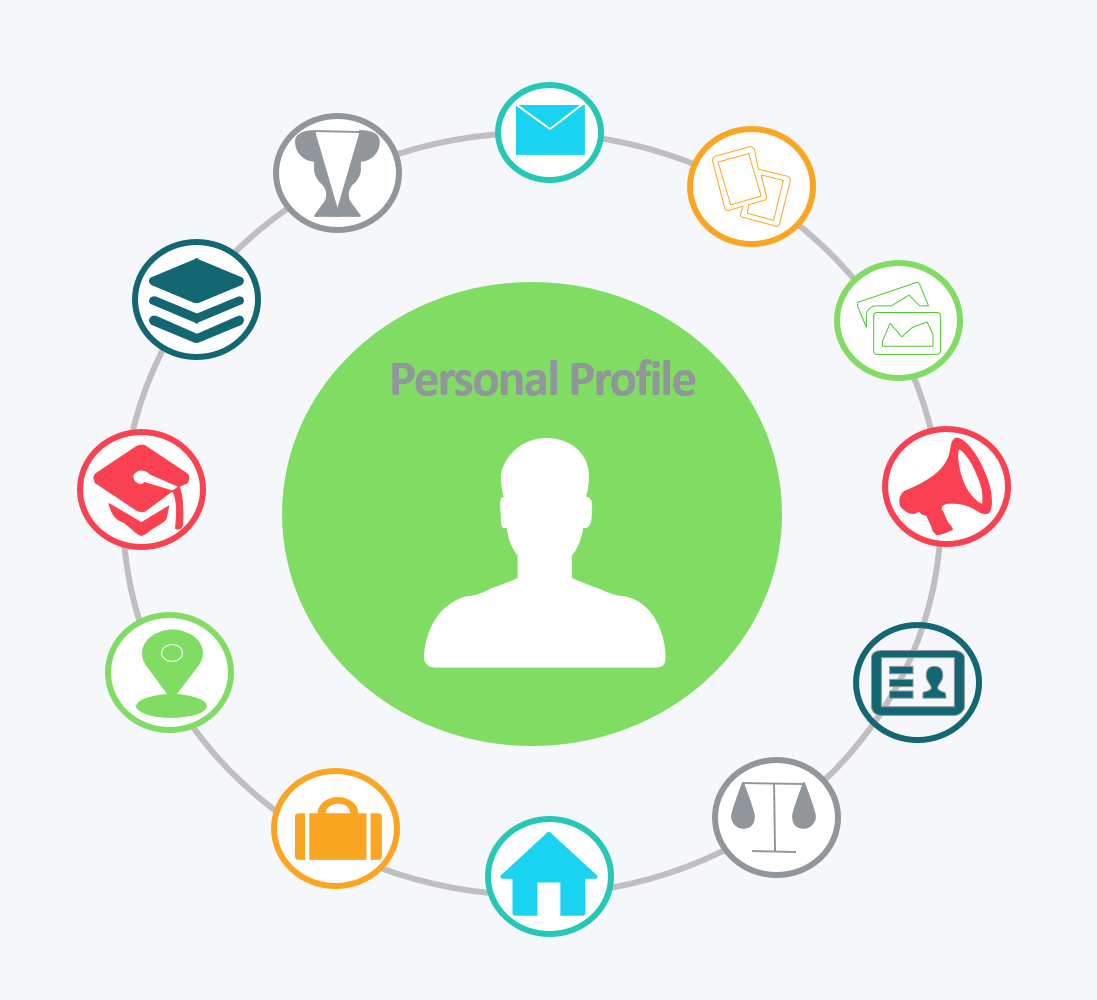|
"We need new solutions for collecting and using data that strikes the right balance between consumer benefits and control over their own data." I was looking for the opening hours of a local supermarket in San Francisco from Google Maps. When I found them, Google also told me an interesting additional detail: “You visited this place 17 hours ago.” In fact, yes, I did. It reminded me that my Android phone indeed collects my every movement and location. (You can check your history at https://www.google.com/maps/timeline, when logged into your Google account.) Here’s another example of the same thing: an insurance technology (“insurtech”) company recently demonstrated its app to me, and it had a full history of drivers’ driving data, including each acceleration, braking and speeding, on the map. The insurance company collects all that data, which it can then use to try to influence driving habits, and adjust premium prices. Yet another example: new credit rating agencies that not only collect your income and loan payment history, but also try to utilize all data about you available on the Internet –including location, social network and payments – to evaluate the risk in lending you money. We are really starting to live a new type of public life, although we don’t always know it. It is not breaking news anymore that mobile, Internet services and social media collect a lot of data from us. It has been used for marketing and advertising for years. But now there are more and more ways to use it – for example, recommendations, financial services, political marketing, and personalized customer experiences. Many parties and people are very worried about this. They see that companies can now know perhaps too much about individuals, sensitive data can leak into the wrong hands, and we cannot know how the data is used in the future if ‘bad forces’ take over. That’s why governments are developing new laws and regulation for collecting, storing, processing and utilizing data – perhaps the most well-known example right now being the EU’s General Data Protection Regulation (GDPR), which takes effect in May next year. Naturally, we also hear many horror stories how this all can get worse in the future. When your phone, TV and digital assistant are listening to you speak, they can collect everything that is said in your home. Services could analyze all your communications, including emails, calls, and chat messages. There are totally new opportunities here to create intelligence gathering services much more effective than the East German Stasi ever were. And we know many government intelligence services already collect this data, or are trying to. But the flip side is the potential benefits of all this data collection. Big data analytics can make many services better. Isn’t it fair and good that your driving habits have a positive impact on your motor insurance premiums (provided you’re a good driver, of course)? Or that your life habits can determine the cost of your health and life insurance? Or your money management behaviour and spending habits can be used to evaluate the risk and price for your loan? Or services can personalize your experiences and tailor them especially for your needs and behaviors? People usually find data collection stories scary because they have no control over who gets to collect data and where and how it’s used – therefore, the simple answer is to give them control, to include the ability to forbid use of data and even to have the data deleted. In practice, of course, this is far from simple. According to different studies, the majority of people believe they had lost the control of their data. So many services collect and use data, and users are not always able to follow or control this. Companies also sell and buy data. This is a new complex area for authorities to monitor and control, although we have also seen that some Internet companies are more interested in protecting privacy and use of data than some governments. We can conclude, then, that while there are threats and risks to collecting and utilizing user data, at the same time this data is fundamental to making many services better for users, as well as more affordable. There is definitely a need for new solutions where people can manage their own data and ensure it is used to suit their needs. For example, if a person has all his or her own verified data, it would not be necessary to reveal all data for a loan application, motor insurance application or location-based service – only profile-level data that is relevant for the service in question. Today, companies are the ones collecting all the user data they can – in the future. each person should be able to collect and use their own data. At least, people should have their own copies of their data to verify that it is true. It is clear we have a need for totally new solutions to utilize data so that privacy and user control can live together. Governmental and legal control alone is not enough to handle the fundamental problems involved in data collection. (Governments can even be part of the problem of data misuse.) Instead, we will soon see a new era of data analytics that is based on fundamentals to combine personal data management, profiling and targeted utilization of profiles. The article was first published on Disruptive Asia. Check Prifina - a new way to manage your finance data. |
AboutEst. 2009 Grow VC Group is building truly global digital businesses. The focus is especially on digitization, data and fintech services. We have very hands-on approach to build businesses and we always want to make them global, scale-up and have the real entrepreneurial spirit. Download
Research Report 1/2018: Distributed Technologies - Changing Finance and the Internet Research Report 1/2017: Machines, Asia And Fintech: Rise of Globalization and Protectionism as a Consequence Fintech Hybrid Finance Whitepaper Fintech And Digital Finance Insight & Vision Whitepaper Learn More About Our Companies: Archives
January 2023
Categories |






 RSS Feed
RSS Feed
